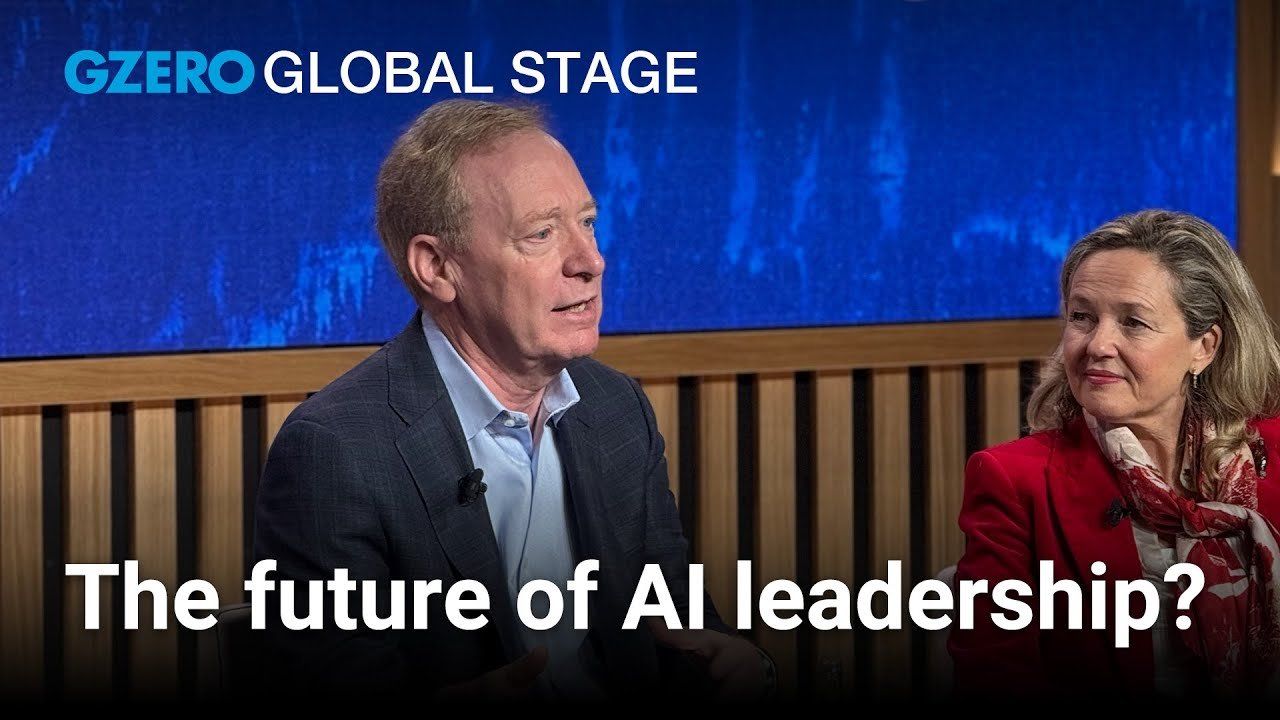
“The interesting thing about Donald Trump,” said Brad Smith, Vice Chair and President of Microsoft, “is that this is not his first time as president of the United States.”
As the 47th president begins his second term, conversations about artificial intelligence are again taking center stage. Speaking at Davos, Smith reflected on Trump’s earlier efforts to prioritize AI during his first administration, citing the groundbreaking 2019 executive order that laid the foundation for US leadership in the field.
The order focused on three key pillars: investing in AI research and development, skilling the workforce for the AI-driven future, and opening global markets for American innovation. Smith sees Trump’s return to office as an opportunity to reinvigorate these priorities with renewed energy.
With AI rapidly reshaping industries and societies, early signals from the new administration suggest a continued commitment to ensuring the United States remains at the forefront of this critical technological revolution. As Smith put it, “he has an opportunity to bring even more energy to that.”
This conversation, moderated by Becky Anderson, was part of the Global Stage series at the 2025 World Economic Forum in Davos, Switzerland, presented by GZERO in partnership with Microsoft.